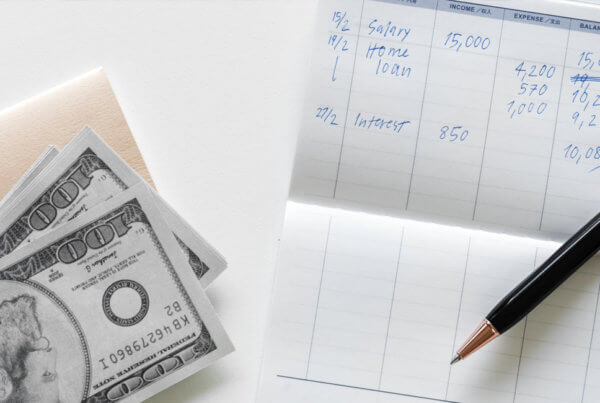If you’ve ever applied for a loan, chances are you’re familiar with the term “negative equity”. However, you may still lack a full understanding of exactly what it means. Secured loans are basically loans that use physical collateral to calculate the amount and terms of the debt repayment.
Secured loans with negative equity
An example of a secured loan would be a title loan. Title loans use your automobile title as collateral. In case you don’t repay the initial loan amount the lender will take ownership of your vehicle. This is known as repossession.
Real estate property that is valued below the current amount owed is also considered to be a negative equity loan. Negative equity essentially refers to any asset which is valued at below the amount owed on said asset. You can have a negative equity loan with pretty much any physical asset if the value has decreased over time.
So, how is it affecting my credit?
Having an outstanding negative equity loan doesn’t necessarily directly affect your credit score, however you want to clear up any issues as soon as possible. You may have heard the phrase “upside-down” mentioned before in relation to auto loans. This is another term for negative equity. Having an upside-down loan can happen to anyone if you aren’t paying attention. Automobiles are the most common asset that people have negative equity on. This is because cars depreciate in value quite quickly.
Negative equity in real estate
For real estate owners, a significant drop in property value or market rates can seriously impact the value of your property. This leads to the initial loan becoming a negative equity loan. The really tough part to deal with when it comes to negative equity is that you don’t really have many options for resolving the situation besides simply paying it off. You can also wait for the asset value to increase however this very rarely happens in a sufficient amount of time that would provide any immediate benefit to you.
if you have an upside-down loan, it can affect the interest rate at which you pay the current loan amount. This puts the lender at a larger risk for losing money if you default, which leads to increases in interest rates over time. While your credit won’t be directly impacted by this situation, it can certainly become affected if the negative equity loan defaults or goes into collections.
Having a negative equity loan on your credit history can also affect how potential lenders will process your applications in the future. Seeing that you have a history of upside-down loans, many lending companies will charge you more interest upfront so it’s wise to always stay on top of the status of your loan.
Many people have negative equity loans
Negative equity is never a good thing to have. This is due to the possibility of loan inflation, credit denial, increased interest rates and a wide range of other potential hazards. The best way to avoid a negative equity loan is by contacting the initial lender to see if they offer refinancing options. By refinancing your initial loan, you’ll receive a new estimated value for the asset in question based on current market conditions and its value.
Refinancing your loan is basically like getting a new loan at current market value instead of being stuck paying the amount you were originally financed for. Banks, loan companies, mortgage lenders, and more offer refinancing services so if you suspect or know that you’re in a negative equity loan situation, you may want to consider contacting them to see what options are available to you.




